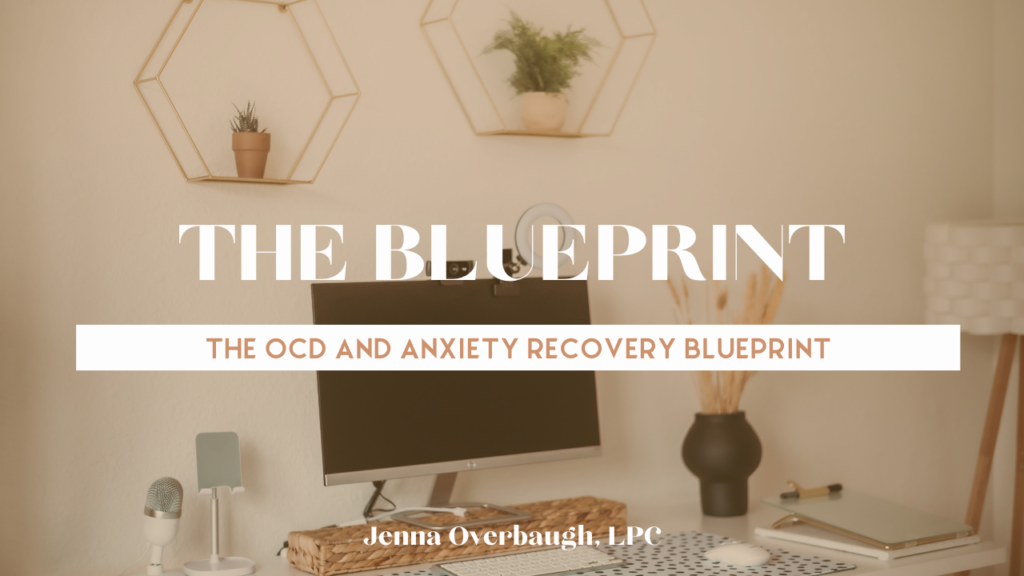Stress and OCD/Anxiety: How to Manage and Find Relief
October 24, 2023
Introduction: Managing Stress with OCD/Anxiety
Stress is an inevitable part of life, but when you’re living with OCD and anxiety, it can become a potent trigger for flare-ups and heightened symptoms. In this blog, we’ll explore the intricate relationship between stress and OCD/anxiety, and more importantly, we’ll delve into evidence-based strategies, including Exposure and Response Prevention (ERP) and Acceptance and Commitment Therapy (ACT), to help you manage stress and regain control of your life. Together, let’s learn how to manage stress with OCD/Anxiety.
The Stress-OCD/Anxiety Connection
- Stress as a Trigger: Stress can act as a significant trigger for OCD and anxiety symptoms. It often exacerbates obsessive thoughts, compulsive behaviors, and anxiety levels.
- Cognitive Overload: High stress levels can overwhelm your cognitive resources, making it challenging to apply your coping strategies effectively. This can lead to a feeling of losing control.
- Vicious Cycle: OCD and anxiety symptoms can cause stress, and in turn, stress can intensify these symptoms, creating a vicious cycle that feels difficult to break.
Evidence-Based Strategies for Managing Stress with OCD/Anxiety
- Exposure and Response Prevention (ERP): ERP is one of the front line strategies for addressing OCD and anxiety. It involves gradual exposure to situations or thoughts that trigger anxiety, without engaging in compulsive behaviors. Over time, ERP helps desensitize you to these triggers, reducing their power.
- Acceptance and Commitment Therapy (ACT): ACT teaches mindfulness and acceptance of your thoughts and feelings. It encourages you to be present in the moment, let go of the need for control, and commit to values-based actions. This can be particularly helpful in reducing stress and anxiety.
- Engaging in Valued Activities: Identifying and engaging in valued activities, such as hanging out with friends, working out, and doing the things you enjoy is a part of managing stress and not exacerbating its effects. When stressed, we often want to isolate and shut down when, in fact, this can worsen our symptoms and situations.
- Time Management: Efficient time management can reduce stress. Prioritize tasks, break them into manageable steps, and avoid overloading your schedule.
Finding Balance and Relief from Stress
- Self-Care: Prioritize self-care. Adequate sleep, a balanced diet, regular exercise, and maintaining social connections are essential for managing stress and promoting overall well-being.
- Self-Compassion: Be sure to give yourself grace during these times of stress. When stressed, it’s significantly easy to be negative towards ourselves and feel pessimistic about our future and current situation. Treating yourself with self-compassion is the antidote to shame here.
- Acceptance: Understand that stress is a part of life. Learning to accept stress as a natural response and developing a healthier relationship with it can reduce its impact on your mental health.
In conclusion, the connection between stress and OCD/anxiety is undeniable, but it doesn’t have to control your life. By implementing evidence-based strategies like ERP and ACT, practicing self-compassion, and prioritizing self-care, you can effectively manage stress and regain control over your OCD and anxiety. For more help, be sure to check out the resources on my website including The OCD and Anxiety Recovery Blueprint where you get access to evidence based support as well as an ongoing private community of others who have OCD and anxiety.
Resources for Your OCD and Anxiety Recovery
To learn more about OCD and anxiety recovery strategies and resources, visit my website at www.jennaoverbaughlpc.com. Here you can find additional support and guidance.
Want more content like this? Check out some of my related podcasts and The OCD and Anxiety Recovery Blueprint below.

This post is for informational purposes only and may not be the best fit for you and your personal situation. The information and education provided here is not intended or implied to supplement or replace professional advice of your own professional mental health or medical treatment, advice, and/or diagnosis. Finally, make sure to check with your own physician or mental health professional before trying or implementing anything read here.
© 2023 Jenna Overbaugh, LLC
most popular episodes
Love my podcast?
Episode 112: Postpartum OCD and False Memory OCD
Imagine how in depth I can go in an online course. Instantly downloadable and game-changing. Take the next step towards an amazing life.